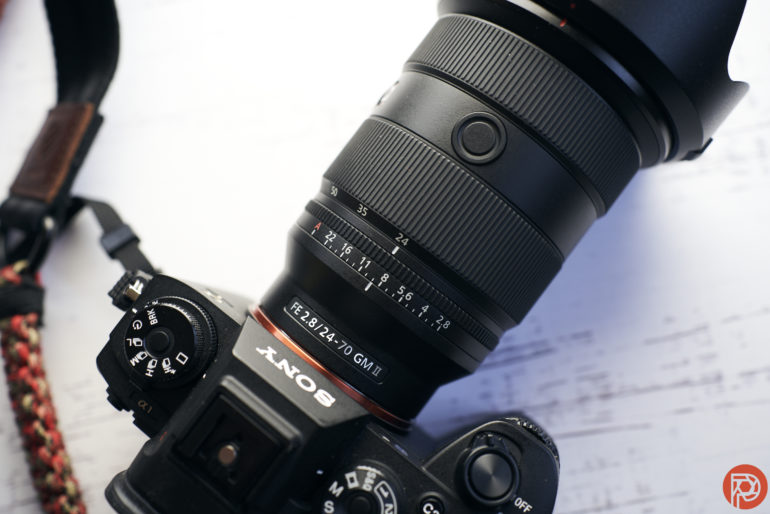
Every year, the Pew Center for Research interviews journalists about various things in the industry. This year’s findings are fascinating, but if you’re a working pro they also make sense. The past few years have changed the way photojournalists do their jobs immensely. And all around the world, no matter the type of journalist that you are, you’re bound to run into people that don’t like you. I participated in the survey the way I always do. And Pew granted The Phoblographer access to some data you’re bound to be interested in.
Here’s what some of the data from Pew Research tells us:
- They lumped photojournalists and videojournalists together. I’m not quite sure why they did this as the two are very different. However, while the skills don’t necessarily go hand in hand, newsrooms often demand that their staff photographers also be able to shoot video.
- 70% of US journalists are satisfied with their job overall. 64% of the photojournalists and video journalists interviewed said they were satisfied.
- 22% of US journalists are dissatisfied. Of those photojournalists and video journalists interviewed, 26% of them are dissatisfied with their job.
- 46% of photojournalists and video journalists interviewed say their job has a positive impact on their emotional well-being.
- 37% of photojournalists and video journalists interviewed say their job has a negative impact on their emotional well-being.
- 26% of photojournalists and video journalists interviewed interact with the public every day.
- 46% of US journalists use Twitter the most compared to 32% of photojournalists and video journalists interviewed.
- Photojournalists and video journalists interviewed mostly use Facebook or Instagram. YouTube, Reddit, and TikTok aren’t all that important, comparatively.
What This Data Tells Us
Of course, this perspective is from that of the photojournalists and video journalists interviewed. And a whole lot of them don’t seem to interact with the public every day. This makes us wonder what people think about their work. I can say from discussions with various photojournalists who are close personal friends, that their work has varying effects. For example, here in America, it’s considered unethical to photograph the homeless. Unfortunately, photos of them become too commonplace and we easily ignore them. But in Europe, it’s unheard of to see lots of people on the streets. With that said, the government takes action when things like this happen. Otherwise, the people find ways to help the situation themselves. Despite this, most photojournalists are very happy with the work they’re doing.
The findings on social media are also not incredibly perplexing to believe. Most of my friends in journalism use Twitter. I’m formerly in the tech and lifestyle world. A lot of them are huge advocates of Twitter for getting their news. But I could never get into it. I care more about Facebook, Instagram, and Reddit. I’ve been on Reddit since the days of Conde Naste owning it and using it for WIRED to run photo contests. For multimedia, I don’t think Twitter is such a great place. Instagram puts the visual work front and center. Despite how awful it’s become, it’s still a very powerful place for photojournalists to tell a story. The same goes for Facebook. However, I think this is all going to change. Today, I logged back into VSCO with intent to reengage with the community. And considering that they’ve had a big change of higher ups, I hope they’ll evolve into something new.
What’s fascinating me is that platforms like Flipboard are courting photographers to use it like a social media service. There are lots of journalists trying to pop up and become things like “Facebook journalists” or using social media platforms as their main hub. In reality, they’re influencers more than anything else. Overall, I think journalistic training is going to become more important. Teaching people ethics in reporting and full declarations is key. Unfortunately, a ton of folks on YouTube don’t do things like that.
Check out the rest of the Pew Research report.







